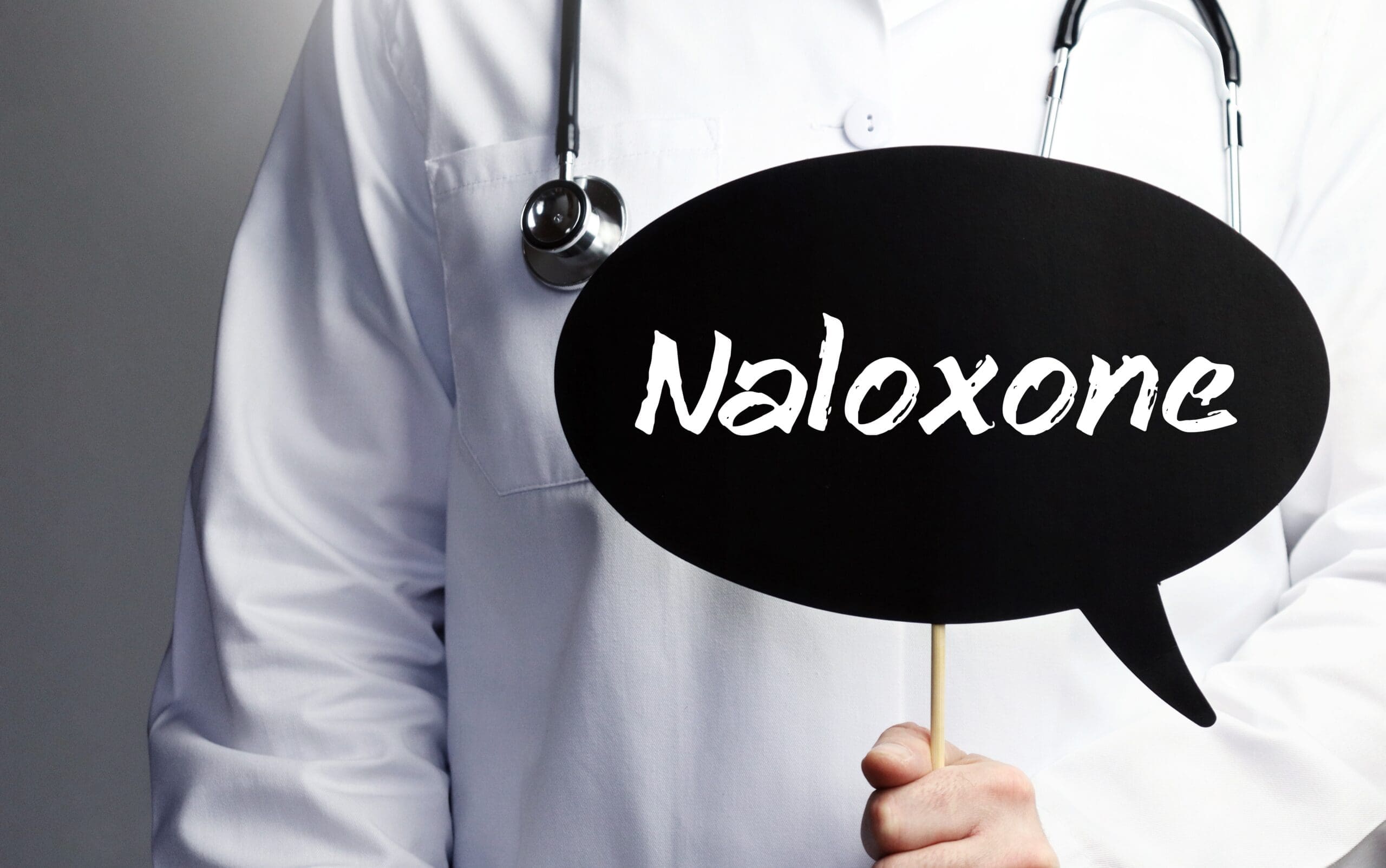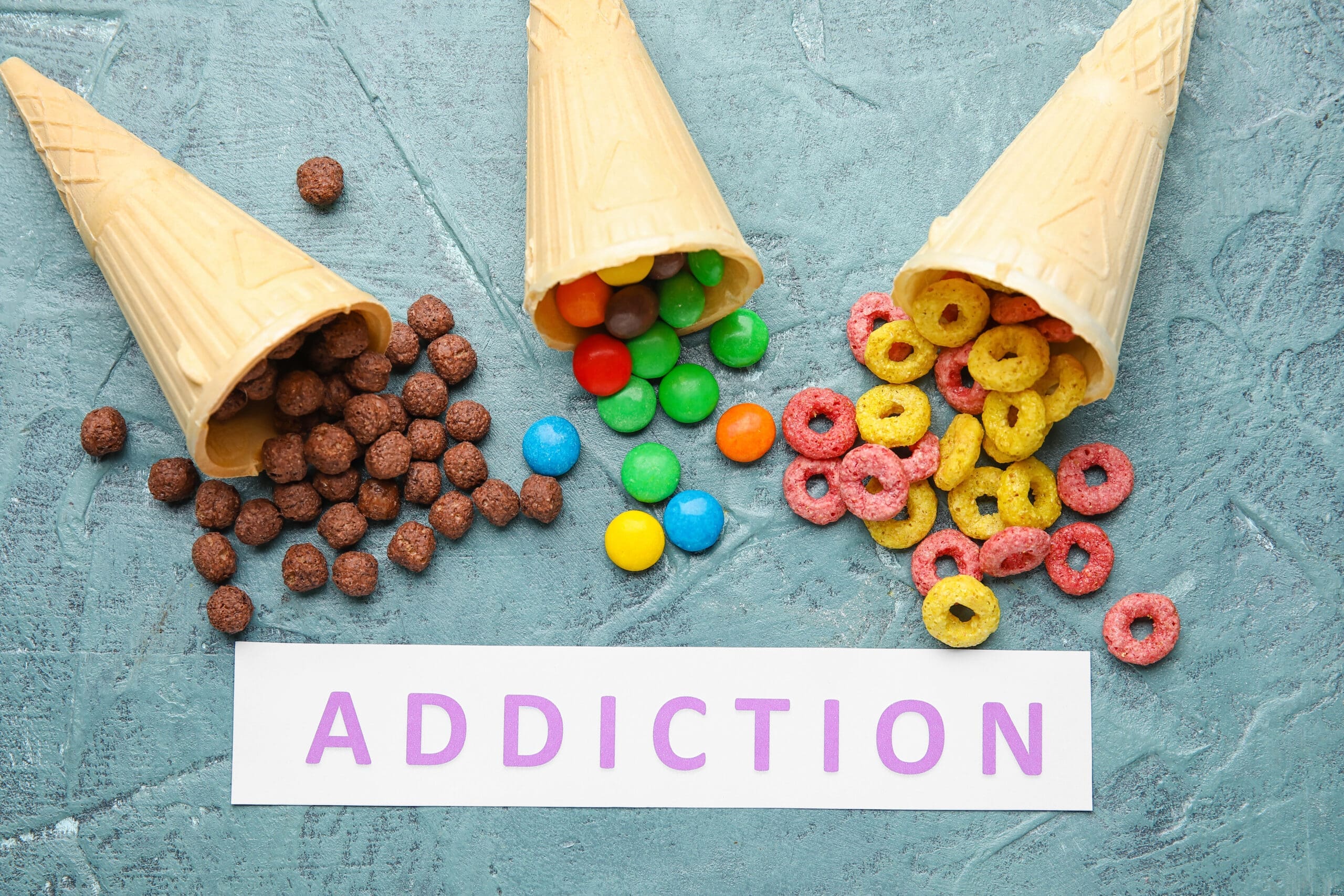In recent years, there has been a rise in drug overdose rates due to the increasing abuse of opioids. Thankfully, a life-saving antidote called Narcan is available. Designed to counteract the effects of an overdose swiftly, Narcan is a crucial development in the ongoing battle against drug addiction.
What is Narcan and Its Role in Drug Overdose Treatment?
Narcan, also known as Naloxone, is manufactured specifically to counteract the critical effects of opioids, both legal prescription pain relievers and illicit substances like heroin. It is essential to understand that Narcan is not a treatment for opioid addiction. It is an emergency response tool that works to reverse the deadly effects of an overdose.
How Does Narcan Reverse an Opioid Overdose?
Much like opioids do, Narcan interacts with opioid receptors in the brain. When a person ingests an opioid, the drug attaches to these receptors, leading to a slowing down of vital functions such as breathing, heart rate, and blood pressure, and can result in unconsciousness or even death. Narcan is an opioid antagonist, meaning it can displace opioids from these receptors in the brain and other areas of the body.
Once it displaces the opioids, Narcan blocks them from continuing to depress the body’s vital functions. This quick reversal can restore normal respiration, potentially saving a person from a fatal overdose. It is important to note that this intervention is only temporary. Narcan’s life-saving effects can wear off within 30 to 90 minutes, hence the urgent need for further medical intervention.
Potential Side Effects of Narcan
While Narcan has proven to be a life-saving tool in an opioid overdose, it does have potential side effects. After Narcan administration, some people may have opioid withdrawal symptoms. These can include physical discomfort, such as body aches and fever, or mood disturbances, such as irritability. Another symptom can be an increase in heart rate, known as tachycardia.
Despite these side effects, the benefits of Narcan’s life-preserving function in an overdose situation far outweigh these temporary discomforts. Understanding these possible side effects can ensure better preparedness when administering Narcan.
The Proper Administration of Narcan
Narcan is typically sold as a nasal spray, a non-invasive method that allows for quick absorption, and administering it is surprisingly simple. The first step in the process should always be to contact emergency services by dialing 911. This is crucial because further medical intervention will be needed. Following this, insert the nasal spray into one nostril and firmly press the plunger to release the medication.
Remember that Narcan is an emergency stopgap to buy precious time until professional medical help arrives. Therefore, even after administering Narcan, one must continue to monitor the person’s condition closely and ensure that they receive immediate medical attention. The individual may need a dose of Narcan every two to three minutes until help arrives.
Five Important Things to Know About Narcan
- Narcan can be purchased at many retail stores throughout the United States.
- Narcan will only reverse overdoses involving opioids, not other drugs.
- An individual cannot overdose on or develop a tolerance to Narcan.
- A person cannot get high from Narcan.
- Two or more doses of Narcan may be needed in overdoses involving fentanyl or large amounts of opioids.
Do You Know Someone Struggling with Addiction?
It is essential to seek help if you or someone you care about is struggling with addiction to alcohol or drugs. Addiction, a chronic brain disease, can affect anyone. The Anabranch Recovery Center in Terre Haute, Indiana, has a team of professionals who can provide the necessary tools to help you live a drug-free life. Begin your journey towards recovery and reclaiming your life by contacting us today.




